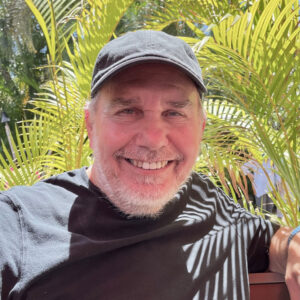Commonly, I think the following repercusions unfold in many of us following unresolved early trauma. First, in a variety of ways that emotional wounding happens to us early in life (and not so early), which we are unable to effectively process and integrate… and in various ways we wall off from these assaults to our safety. Over time we learn to go forward in our lives but there is this feeling inside that something has been left behind or is missing or amiss. And then over more time we form a compensating strategy or reparative fantasy that redeems us and gives us hope. Only, because our strategy is based on walling off what really happened to us, our compensating actions ultimately ring hollow. It’s like apples and oranges, no amount of a large supply of apples is going to really repair a problem in the area of our low supply of oranges. In this vein, no amount of outer adult professional success is going to repair a childhood experience of not feeling loved! Yet, some variety of this strategy is what we humans typically do, generation after generation. To this formulation I want to add one additional piece… and that is how common low self-esteem is an end result of this compensating pattern. For one, the wounded love feeling from the original injury never really goes away but instead resurfaces and confluences years latter with our adult ambivalence and self-doubting. And this latter ambivalence and self-doubting almost inevitably occurs because internally we sense that all of the adult success in the world does not truly succeed where we most need it to succeed… to heal the damaged and unloved feeling inside. This can contribute to “the fraudulent feeling” that so many of us carry deeply inside.
About Orin Borders, Ph.D.
Orin Borders, Ph.D, a psychologist in private practice with a long standing interest in the Marriage-Of-Opposites, is the originator on this site.


